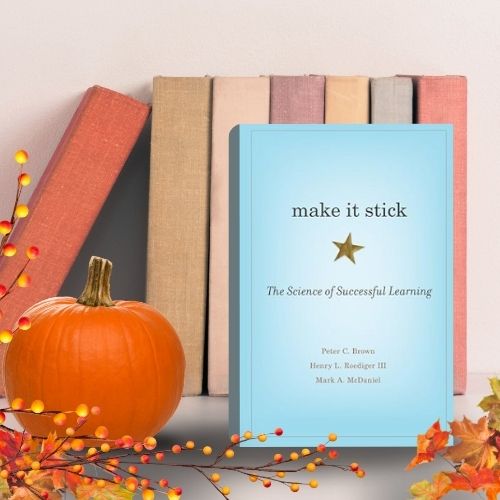Poems for Our Lives: In the Disciplines, is a blog that explores poems centered on the professional disciplines in which we, as academics, scholars and professionals, have made our lives.
Building a discipline-specific discussion around a poem should be manageable for everyone. You can devote just 10-15 minutes of one class towards one poem. You’re not going to be teaching poetry, you are simply going to be discussing ideas. The best poems unearth the essential nature of their subjects. At the core of poetry is the idea of what it means to be human and that’s an idea everyone can relate to. You’ll be surprised at the variety of responses you’ll get from your students. Some students will find little gems of meaning and connections that you don’t even know are there. And students may be given an opportunity to write their own poems as well. Have fun! Think expansively! And remember, Poetry, like the moon, is for everyone.
Gianna Russo
Assistant Professor of English and Creative Writing
Poet-in-Residence, REBUS
Editor in Chief, Sandhill Review
Director, Sandhill Writers RetreatPage Break
The following poem is by Joy Harjo, who was appointed US Poet Laureate this year. She is the first native American Poet Laureate and a member of the Mvskoke/Creek Nation.
Discussion starters:
- Reread the first two lines. How might the “sky that you are born under” influence who you become?
- Harjo acknowledges our generational ties when she claims that you are evidence of your mother’s life and her mother’s, and hers. In what ways do your ancestors effect who you are?
- What might be healing about acknowledging that “you are all people and all people/ are you”?
- Harjo says that the plants, trees and animal life are “alive poems”. What does that mean?
- How does this poem explore what it means to be human?
Professor, create your own question here:
Writing prompt for students: Choose any line in Harjo’s poem and use it as either the first or last line of your own poem.
Remember
Remember the sky that you were born under,
know each of the star’s stories.
Remember the moon, know who she is.
Remember the sun’s birth at dawn, that is the
strongest point of time. Remember sundown
and the giving away to night.
Remember your birth, how your mother struggled
to give you form and breath. You are evidence of
her life, and her mother’s, and hers.
Remember your father. He is your life, also.
Remember the earth whose skin you are:
red earth, black earth, yellow earth, white earth
brown earth, we are earth.
Remember the plants, trees, animal life who all have their
tribes, their families, their histories, too. Talk to them,
listen to them. They are alive poems.
Remember the wind. Remember her voice. She knows the
origin of this universe.
Remember you are all people and all people
are you.
Remember you are this universe and this
universe is you.
Remember all is in motion, is growing, is you.
Remember language comes from this.
Remember the dance language is, that life is.
Remember.
Joy Harjo
“Remember.” Copyright ©1983 by Joy Harjo from She Had Some Horses by Joy Harjo. Used by permission of W. W. Norton & Company, Inc.





